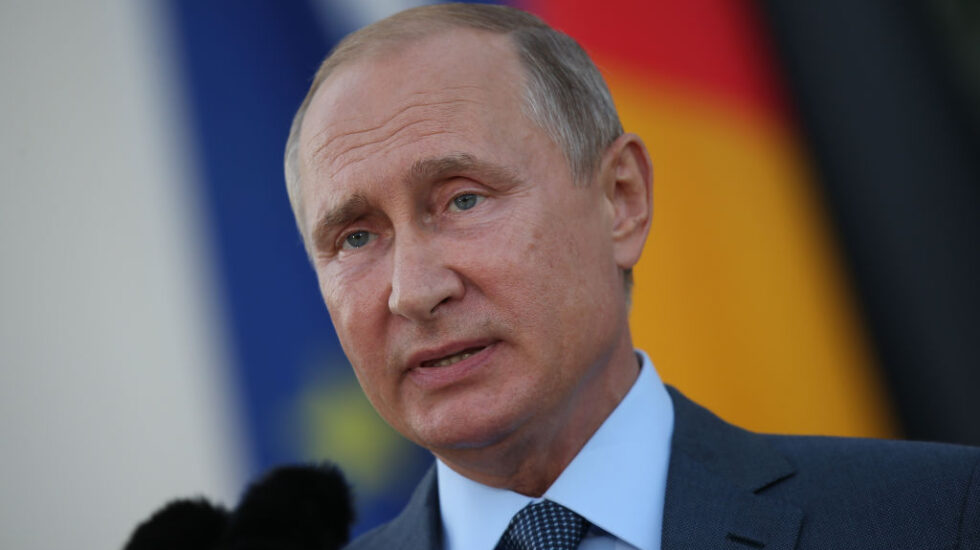The U.S. prevented Russia from using $600 million in frozen funds on Monday to pay holders of its sovereign debt, raising the possibility that Vladimir Putin’s government will face a crippling default on its foreign currency-denominated bonds.
Reuters explains:
Under sanctions put in place after Russia invaded Ukraine on Feb. 24, foreign currency reserves held by the Russian central bank at U.S. financial institutions were frozen.
But the Treasury Department had been allowing the Russian government to use those funds to make coupon payments on dollar-denominated sovereign debt on a case-by-case basis.
On Monday, as the largest of the payments came due, including a $552.4 million principal payment on a maturing bond, the U.S. government decided to cut off Moscow’s access to the frozen funds, according to a U.S. Treasury spokesperson.
Bloomberg adds:
The U.S. announcement is intended to force Russia into either draining its domestic dollar reserves or spending new revenue to make bond payments, or else go into default, according to a spokesperson for the Treasury’s Office of Foreign Assets Control, who discussed details on condition of anonymity.
“Clearly this latest announcement by the U.S. Treasury is designed to put additional pressure on the Russians,” said Gary Kirk, a portfolio manager at TwentyFour Asset Management. “The alternative payment methods are significantly more punitive and more challenging for Russia and hence it does increase the chances of a technical default.”
More from Bloomberg:
Other governments are also planning tougher sanctions after allegations that Russian troops massacred civilians in Bucha and other Ukrainian towns. The European Union is proposing to ban coal imports from Russia, which would be a major step-up for a region that’s so far shied away from targeting energy flows crucial to the bloc’s economy.
Business Insider reports:
There’s now an 80% chance Russia will be forced into a “nightmare” default on its foreign currency-denominated bonds, a BlueBay Asset Management strategist has said.



